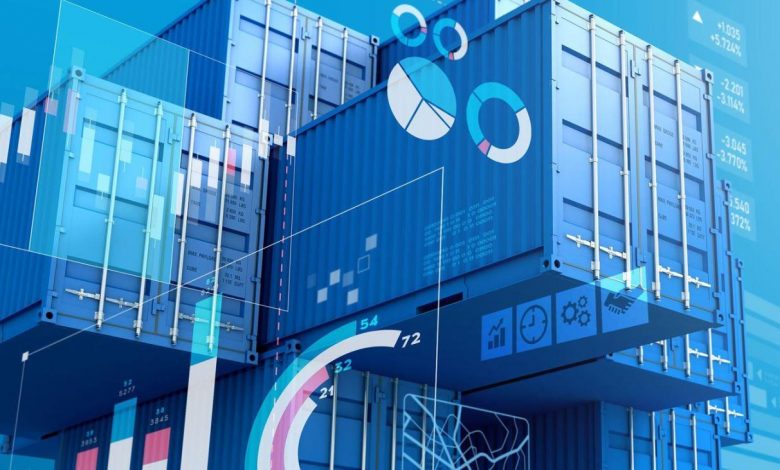The Potential of Blockchain in Revolutionizing Supply Chain Finance

The Potential of Blockchain in Revolutionizing Supply Chain Finance
Introduction
Blockchain technology has garnered increasing attention in recent years, and its potential applications go far beyond cryptocurrency. One area where this technology holds immense promise is supply chain finance. In this blog post, we will explore how blockchain can revolutionize supply chain finance and bring unprecedented efficiency and transparency to this critical aspect of business operations.
What is Supply Chain Finance?
Supply chain finance refers to financial activities that involve the movement of funds within the supply chain. It encompasses a range of processes, including purchase order financing, supplier financing, invoice discounting, and inventory financing. Traditionally, these activities have been plagued by inefficiencies, discrepancies, and lack of transparency, resulting in delays, disputes, and higher costs.
How Can Blockchain Revolutionize Supply Chain Finance?
Blockchain technology has the potential to transform supply chain finance by addressing many of its inherent challenges. Here’s how:
Enhanced Transparency
One of the key benefits of blockchain technology is its ability to provide transparency across the supply chain. By leveraging a distributed ledger system, all parties involved in the supply chain can view and validate transactions in real-time. This transparency reduces the risk of fraud, disputes, and errors, thereby streamlining financial operations.
Streamlined Payments
Blockchain can facilitate faster and more efficient transactions by eliminating intermediaries and reducing the need for manual reconciliation. Smart contracts, powered by blockchain, can automate payment processes based on predefined conditions, reducing the time and effort required for invoice processing and approval.
Better Risk Management
Blockchain’s immutable and tamper-proof nature makes it an excellent tool for risk management in supply chain finance. Smart contracts can automatically trigger actions like issuing alerts or withholding payments if predefined conditions are not met. This enables better risk assessment and mitigation throughout the supply chain.
FAQs
1. How secure is blockchain in supply chain finance?
Blockchain is highly secure due to its decentralized nature and cryptographic techniques. The distributed ledger system ensures that any attempted tampering will be immediately detected by other nodes in the network, making it nearly impossible to alter transaction records.
2. Can blockchain improve traceability in supply chain finance?
Yes, blockchain technology can significantly enhance traceability in supply chain finance. By creating an immutable and transparent record of transactions, blockchain allows businesses to track goods, verify authenticity, and ensure compliance with regulations throughout the supply chain process.
3. Does implementing blockchain require significant investment?
Implementing blockchain technology may require some upfront investment, including infrastructure setup, integration with existing systems, and staff training. However, the long-term benefits, such as improved efficiency, reduced costs, and enhanced trust, can outweigh the initial investment.
Conclusion
Blockchain holds immense promise in revolutionizing supply chain finance. By enhancing transparency, streamlining payments, and improving risk management, this technology can bring unprecedented efficiency and trust to financial operations within the supply chain. As businesses increasingly recognize the potential of blockchain, we can expect to see a significant transformation in supply chain finance in the coming years.



